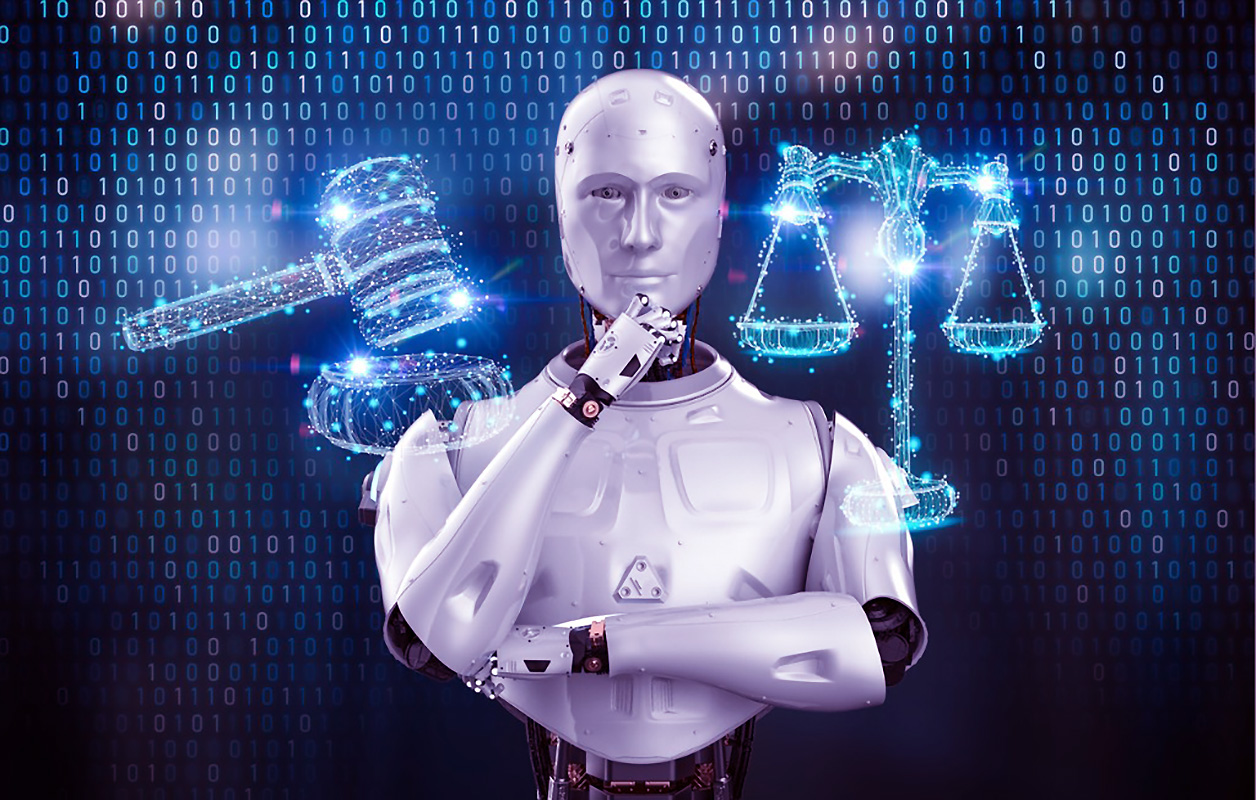Can you copyright that blog post or article you created with AI? What about the graphics you used AI to generate?
The U.S. Copyright Office has just released a report with their opinion on the issues. The report, Copyright and Artificial Intelligence Part 2: Copyrightability, reemphasizes that copyright protection is intended for human-created works.
How Much Human Input?
Whether you can copyright work produced with the help of AI depends on whether the work was mostly created by AI or by a human.
In other words, if you used AI to assist you in creating a work, it may be copyrightable. If you just prompted AI to create a work for you (say, a blog post) and published what AI created, it is not copyrightable.
According to the report, prompts alone (no matter how detailed)
“Do not provide sufficient human control to make users of an AI system the authors of the output. Prompts essentially function as instructions that convey unprotectable ideas. While highly detailed prompts could contain the user’s desired expressive elements, at present they do not control how the AI system processes them in generating the output.”
How much of a work is human-produced vs. AI-generated will be the deciding point where copyrightability is an issue. The report states:
“Whether human contributions to AI-generated outputs are sufficient to constitute authorship must be analyzed on a case-by-case basis.”
Here is the full list of conclusions and recommendations listed in the report’s Executive Summary.
- Questions of copyrightability and AI can be resolved pursuant to existing law, without the need for legislative change.
- The use of AI tools to assist rather than stand in for human creativity does not affect the availability of copyright protection for the output.
- Copyright protects the original expression in a work created by a human author, even if the work also includes AI-generated material.
- Copyright does not extend to purely AI-generated material, or material where there is insufficient human control over the expressive elements.
- Whether human contributions to AI-generated outputs are sufficient to constitute authorship must be analyzed on a case-by-case basis.
- Based on the functioning of current generally available technology, prompts do not alone provide sufficient control.
- Human authors are entitled to copyright in their works of authorship that are perceptible in AI-generated outputs, as well as the creative selection, coordination, or arrangement of material in the outputs, or creative modifications of the outputs.
- The case has not been made for additional copyright or sui generis protection for AI-generated content.
If you use generative AI and copyright matters to you, be sure to read the entire report for more detailed information on the Copyright Office position.
This report is the second in a series that delves into copyright policy questions it collected from responses to their 2023 Notice of Inquiry. The first part dealt with digital replicas of individuals’ voices and appearances. The third part will cover training AI on copyrightable works and related issues.
The Copyright Office notes that it will continue to monitor technological and legal developments to see if any of their conclusions should be revisited.
Image source: Istock photo
